FTC Investigates Media Matters Amid Elon Musk's Allegations Over Ad Boycott Coordination Involving X
The U.S. Federal Trade Commission (FTC) has launched an inquiry into Media Matters for America, requesting documents that may reveal coordinated actions with other organizations focused on monitoring misinformation and hate speech. This development follows public accusations by Elon Musk, who claims such groups have orchestrated advertising boycotts against his social media platform, X (formerly Twitter).
According to a civil investigative demand reviewed by Reuters, the FTC seeks to understand whether Media Matters collaborated with advocacy networks, including the Global Alliance for Responsible Media (GARM) — a World Federation of Advertisers initiative. This scrutiny intensifies the ongoing legal and reputational conflict between X and several media accountability organizations.
Escalating Tensions Between X and Watchdog Groups
The FTC’s probe comes against the backdrop of lawsuits initiated by X targeting both Media Matters and GARM. The platform, under Musk’s leadership, alleges that these entities have played an instrumental role in discouraging advertisers from placing ads on X due to concerns around brand safety, misinformation, and hate speech content.
In recent months, X has faced a series of high-profile brand pullouts, including decisions by major corporations to suspend or reduce ad spending on the platform. These advertiser exits have been fueled, in part, by watchdog reports linking brand placements to controversial or offensive content — a trend that has raised regulatory eyebrows.

Key Dynamics Fueling the Regulatory Action
Brand Safety Concerns Companies have grown increasingly sensitive to reputational risks from ad placements near harmful or misleading content.
Allegations of Coordination The FTC is assessing whether there was an organized effort to influence advertiser behavior and policy toward X.
Legal Counteroffensives Musk has responded with litigation, framing the actions of media groups as an attack on free speech and business operations.
Platform Monetization Challenges Ad revenue remains a primary source of income for X, making organized boycotts particularly consequential.
FTC’s Broader Mandate The agency’s involvement reflects a growing role in overseeing the intersections of digital platforms, speech governance, and advertising ethics.
Underlying Pressures in the Digital Ad Ecosystem
Concentration of Media Influence: Organizations like Media Matters hold significant sway in shaping public discourse about digital platforms.
Rise of Content Moderation Debates: Diverging views on how to handle misinformation have polarized stakeholders, from civil society groups to platform owners.
Erosion of Advertiser Trust: A lack of transparency in ad placement has made brands increasingly reliant on third-party risk assessments.
Tech Platform Accountability: Regulators are closely watching how social platforms moderate — or fail to moderate — harmful content.
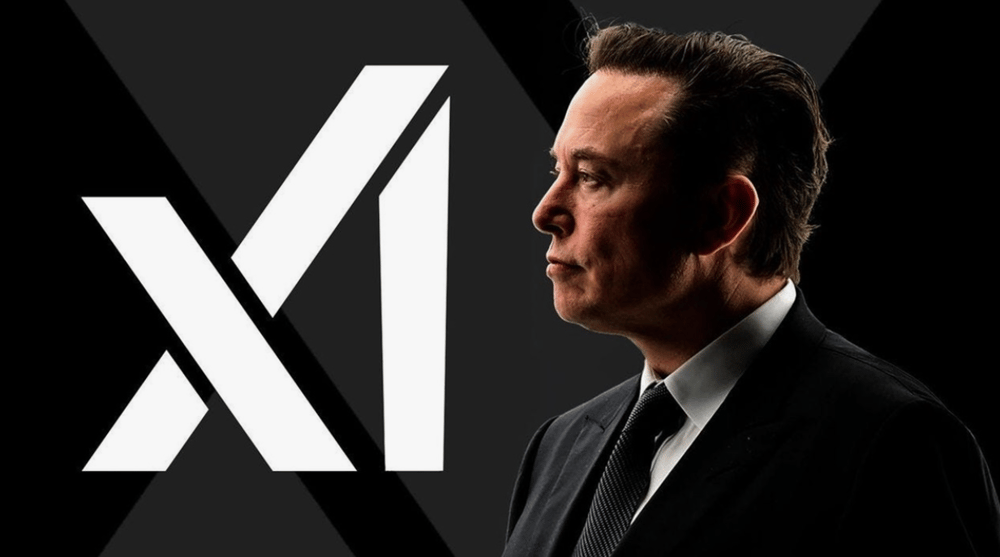
Forces Shaping the Regulatory Landscape
1. Commercial Implications The stakes are high for both platforms and watchdogs, as billions in ad spend may hinge on perceptions of content integrity.
2. Legal and Political Dimensions The dispute between X and its critics mirrors broader tensions over regulatory reach, platform autonomy, and First Amendment boundaries.
3. Risk to Civil Society’s Role Should watchdog groups be found to have overstepped legal boundaries, it may deter similar entities from conducting critical oversight in the future.
4. Governance Questions The inquiry also raises issues about the accountability of advocacy groups when they influence commercial decision-making at scale.
5. Precedent for Future Investigations The FTC’s action could set a regulatory precedent for how coordination between civil groups and private entities is handled under U.S. law.
What This Could Mean for the Future of Digital Accountability
The FTC’s investigation adds a new dimension to the ongoing public and legal clash between digital platforms and third-party watchdogs. As the boundary between public interest oversight and private commercial influence blurs, this case could shape how both advocacy groups and tech platforms operate in a more regulated, high-stakes digital environment.
If the agency uncovers substantive coordination that influenced market behavior, it may redefine the responsibilities of watchdog organizations and how far their influence can extend without triggering antitrust or unfair competition scrutiny.


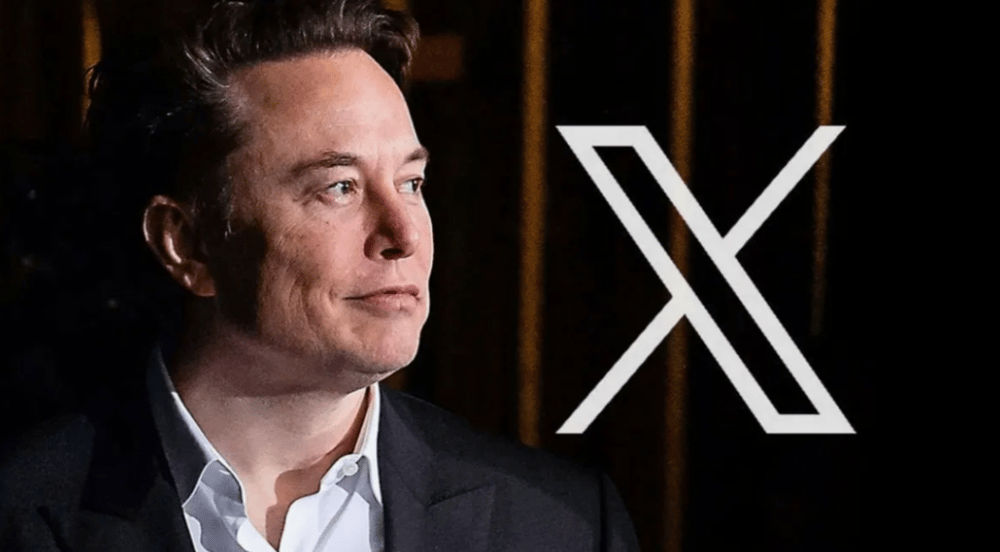
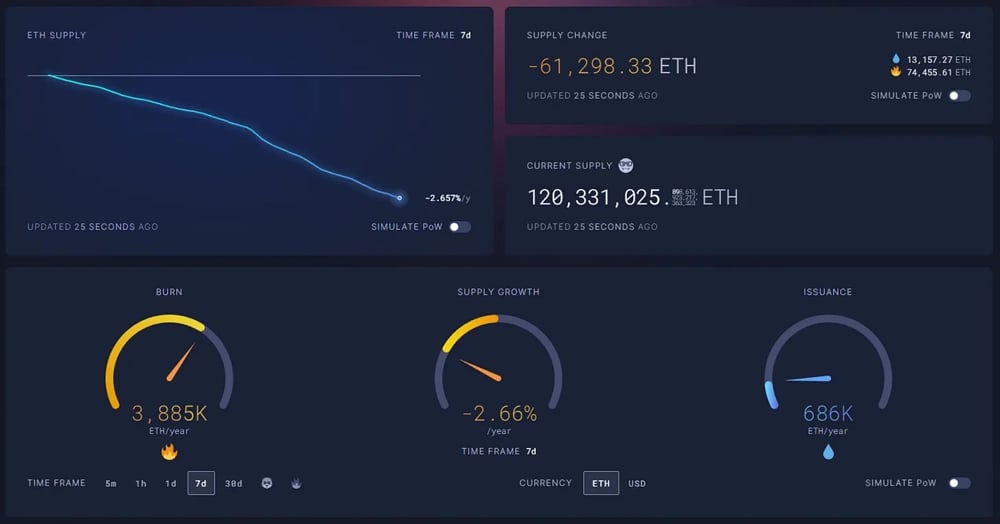









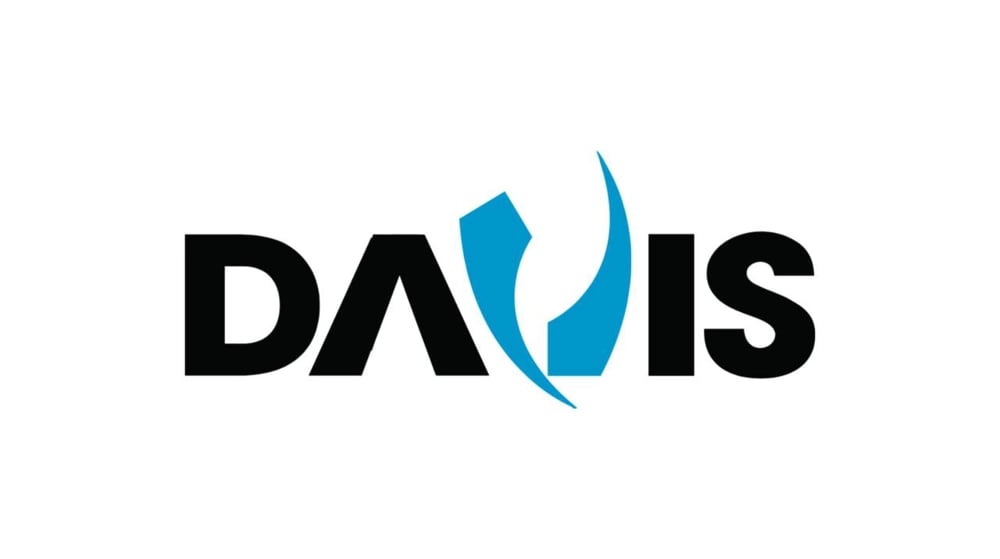
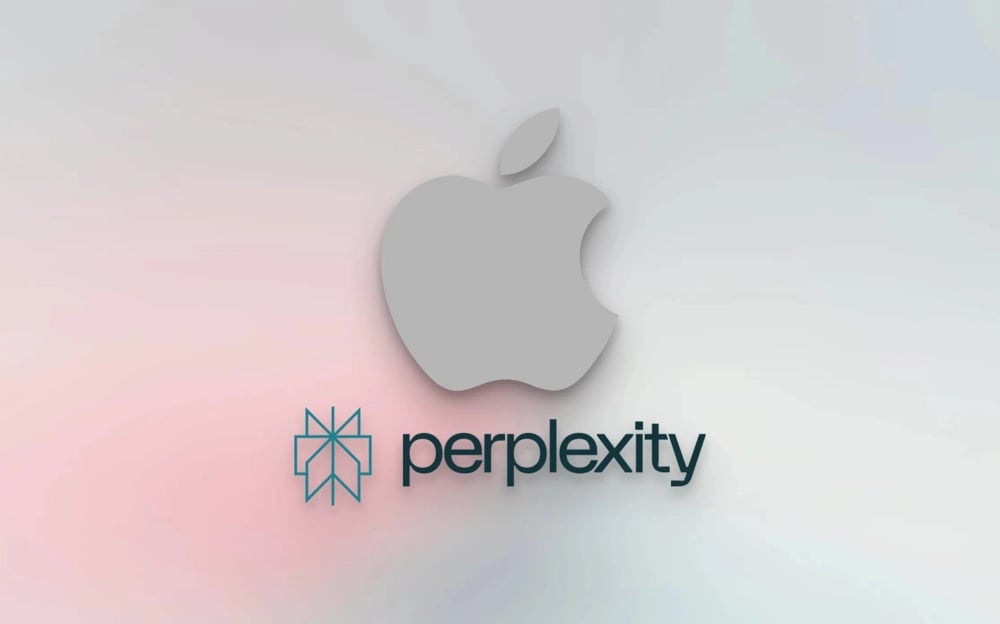
Comments